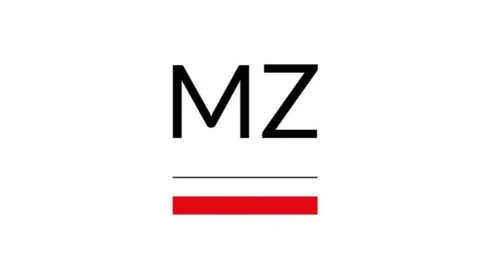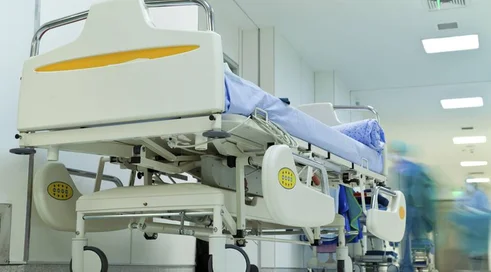The draft regulation proposes to amend the scope of data collected by the registry.
It is assumed that the amendment to the regulation will allow the following purposes to continue in an expanded scope:
1) monitoring the demand for health care services;
2) monitoring the health status of recipients of cancer services;
3) ongoing analysis of the collected data on the incidence of malignant neoplasms;
4) creation of a homogeneous and internationally comparable data set on malignant neoplasms;
5) evaluation of the effectiveness of the diagnosis and treatment of malignant neoplasms by analyzing survival;
6) tracking changes over time and space in the incidence of malignant neoplasms;
7) providing a basis for evalu...
Content locked
To gain access to the complete English section of the Medexpress.pl, kindly reach out to us at [email protected].




















